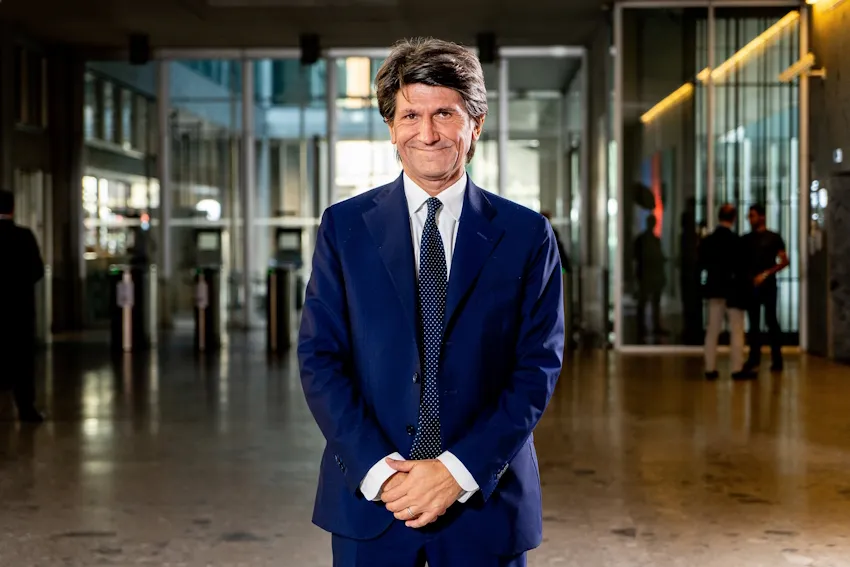
We Have Been More Guardians Than Innovators
Exactly thirty years ago the internet protocol became open and transformed itself into the World Wide Web, thus officially inaugurating the fourth industrial revolution. The strings of 0 and 1 bits started being propagated themselves across the world, transforming the "isolated" knowledge of computers and computing machines into the "information ocean" we navigate today on a daily basis.
Not that telecommunications had not intersected with digital before 1993. The first experiments date back to 1969 – the message sent over the ARPANET by Professor Kleinrock from UCLA to the Stanford Research Institute of computer science. But for several decades the network remained basically closed and inaccessible, mostly aimed at projects linked to the world of defense and security.
It took the HTTP protocol created by Tim Berners-Lee at CERN in 1991 to create a standard that could be easily used by computer users around the world. And CERN's subsequent wise decision to let the network go public in 1993 enabled communication between machines in all parts of the globe.
Since then the world has changed. Big tech are now the companies that govern the economy and Cold War 2.0 is no longer fought around nuclear threats between the USA and the USSR, but with threats backed by data and artificial intelligence in the competition between the USA and China.
What has Europe done in these thirty years, after helping create the Net? Let's start by noting that it has unfortunately lost the R&D race to create big tech companies that can match the American FAANGM (Facebook/META, Apple, Amazon, Netflix, Google, Microsoft) and the Chinese BAT (Baidu, Alibaba, Tencent). It has also clearly lost the chip production race, today led globally by TSPM (Taiwan Semiconductor Manufacturing Company), with its €1.6 trillion in turnover.
And it has failed to replicate innovation clusters like Silicon Valley or come up with projects like China's "Greater Bay Area" that connects Hong Kong and Macau with nine big cities in the Guangdong province – including the megacities of Shenzhen and Guangzhou. Clusters capable of churning out digital startups that turn into unicorns and contribute to GDP and employment, creating the new jobs of the digital world.
Perhaps, however, precisely because it continues to represent an immensely important market from a demand point of view, Europe has paid attention to Internet users. Both by continuing to innovate in the network infrastructure – in Europe the high quality and low cost of data reception is envied in other parts of the world – and by devoting considerable attention to the regulation of the fourth industrial revolution. Starting from the e-
Commerce Act of 2000, recently updated by the Digital Service and Market Act, the EU has aimed to regulate the work of the actors involved in the production of digital services, from retail to news. Consider the influential GDPR Act of May 2016 which has become a global standard to protect users from the perils of data appropriation, as the Cambridge Analytica scandal has shown us. Up until the most recent AI Act which is being finalized by the EU after initial proposals from the European Council and the European Commission.
There are many expectations on the latter in light of the intrusiveness into data privacy that ChatGPT's generative AI and its equivalents are proving to have. It is good that Europe stands up to defend users in this evolutionary leap of the Internet. Even nicer would be to see that there is equal attention dedicated to fostering startups in the fields of artificial intelligence and quantum computing which represent the growth foundations of the next industrial revolution. We are only at the starting blocks of the latter and, thanks to the robust academic base in computational computing that we have in Europe, we should at least be able to participate in the new R&D race that has opened.